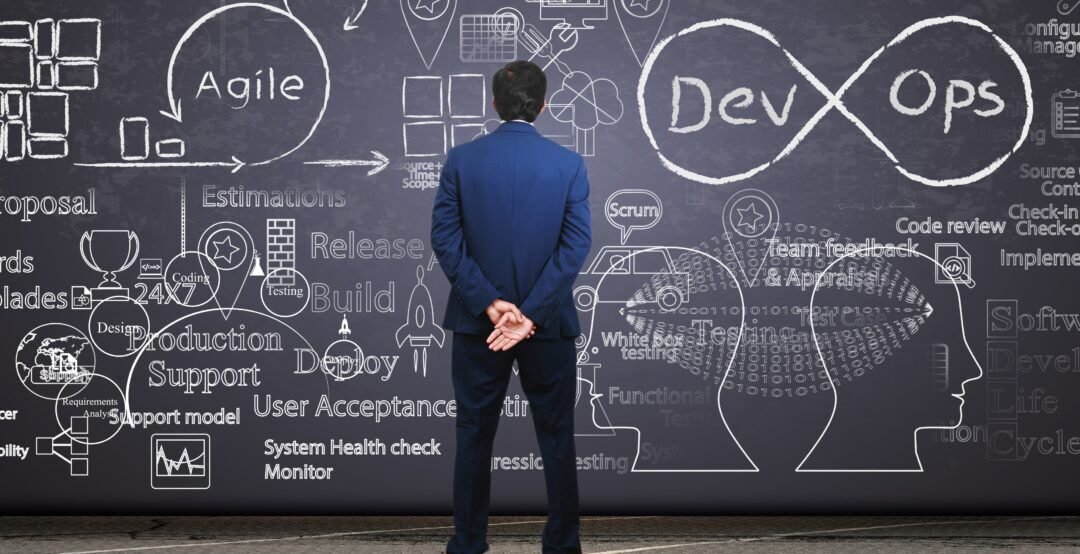Implementing DevOps practices can bring about numerous benefits, including accelerated software delivery, improved collaboration, and increased efficiency. However, organizations embarking on their DevOps journey often encounter challenges that need to be addressed to ensure success. In this article, we will explore some common challenges faced in DevOps adoption and highlight best practices to overcome them.
- Cultural Transformation
Challenge: DevOps requires a cultural shift, breaking down silos and fostering collaboration between development, operations, and other teams. Resistance to change, lack of trust, and organizational inertia can hinder the cultural transformation necessary for successful DevOps implementation.
Best Practice: Foster a culture of collaboration and shared responsibility by promoting open communication, encouraging cross-functional teams, and emphasizing the value of continuous learning and improvement. Leadership support, clear communication of goals, and providing training and education on DevOps principles and practices can help drive the cultural transformation.
- Toolchain Selection and Integration
Challenge: The DevOps landscape is rich with tools and technologies, making it challenging to select and integrate the right toolchain that fits the organization’s needs. The absence of standardized processes and incompatible tools can lead to inefficiencies and difficulties in achieving seamless automation.
Best Practice: Begin by defining the desired outcomes and objectives for the DevOps toolchain. Conduct thorough research, evaluate tools based on their capabilities and compatibility, and consider scalability and ease of integration. Focus on selecting tools that promote collaboration, automation, and visibility across the software delivery pipeline. Regularly assess and optimize the toolchain to align with evolving requirements and emerging technologies.
- Continuous Testing and Quality Assurance
Challenge: Maintaining quality while delivering software at a rapid pace can be challenging. Ensuring comprehensive test coverage, managing test environments, and automating testing across various platforms and configurations require careful planning and execution.
Best Practice: Implement a comprehensive testing strategy that includes unit tests, integration tests, regression tests, and performance tests. Embrace test automation to increase efficiency and reduce manual efforts. Leverage infrastructure as code (IaC) to create and manage consistent and reproducible test environments. Implement continuous monitoring and feedback mechanisms to identify and address quality issues early in the development cycle.
- Security and Compliance
Challenge: Security and compliance considerations are crucial in the DevOps process. Integrating security practices, maintaining data privacy, and adhering to industry regulations can pose challenges, especially in highly regulated industries.
Best Practice: Implement DevSecOps principles by integrating security practices throughout the software delivery pipeline. Conduct regular security assessments, implement automated vulnerability scanning and penetration testing, and enforce secure coding practices. Establish clear security policies and ensure that compliance requirements are met. Foster collaboration between development, operations, and security teams to address security concerns effectively.
- Scalability and Infrastructure Management
Challenge: Scaling DevOps practices to accommodate growing teams, larger projects, and increased demand can be complex. Managing infrastructure, especially in cloud and hybrid environments, while ensuring optimal resource utilization, can present challenges.
Best Practice: Leverage infrastructure-as-code (IaC) practices to define and manage infrastructure configurations programmatically. Embrace cloud-native technologies and platforms to enhance scalability and flexibility. Utilize containerization and orchestration tools for efficient resource allocation and management. Implement monitoring and automation for proactive capacity planning and resource optimization.
- Continuous Learning and Improvement
Challenge: DevOps is an iterative process that requires continuous learning and improvement. Without a culture of continuous learning, teams can stagnate, hindering innovation and the adoption of new technologies and practices.
Best Practice: Encourage a growth mindset and foster a learning culture within the organization. Provide opportunities for skill development, training, and knowledge sharing. Conduct regular retrospectives and post-mortems to identify areas for improvement and implement actionable changes. Embrace new technologies, industry trends, and emerging best practices to stay ahead in the evolving DevOps landscape.
DevOps adoption brings about its own set of challenges, but with the right strategies and best practices, organizations can navigate the path to success. By addressing cultural aspects, selecting and integrating appropriate tools, prioritizing quality and security, effectively managing infrastructure, and embracing continuous learning, organizations can overcome challenges and unlock the full potential of DevOps. The journey to successful DevOps implementation requires commitment, collaboration, and a focus on continuous improvement.









